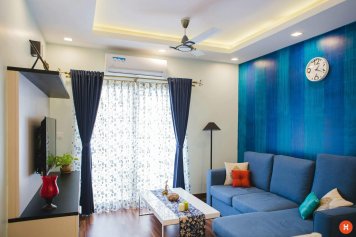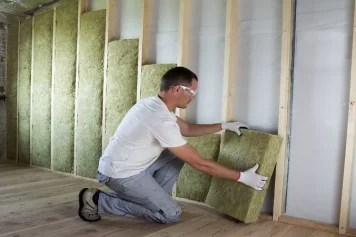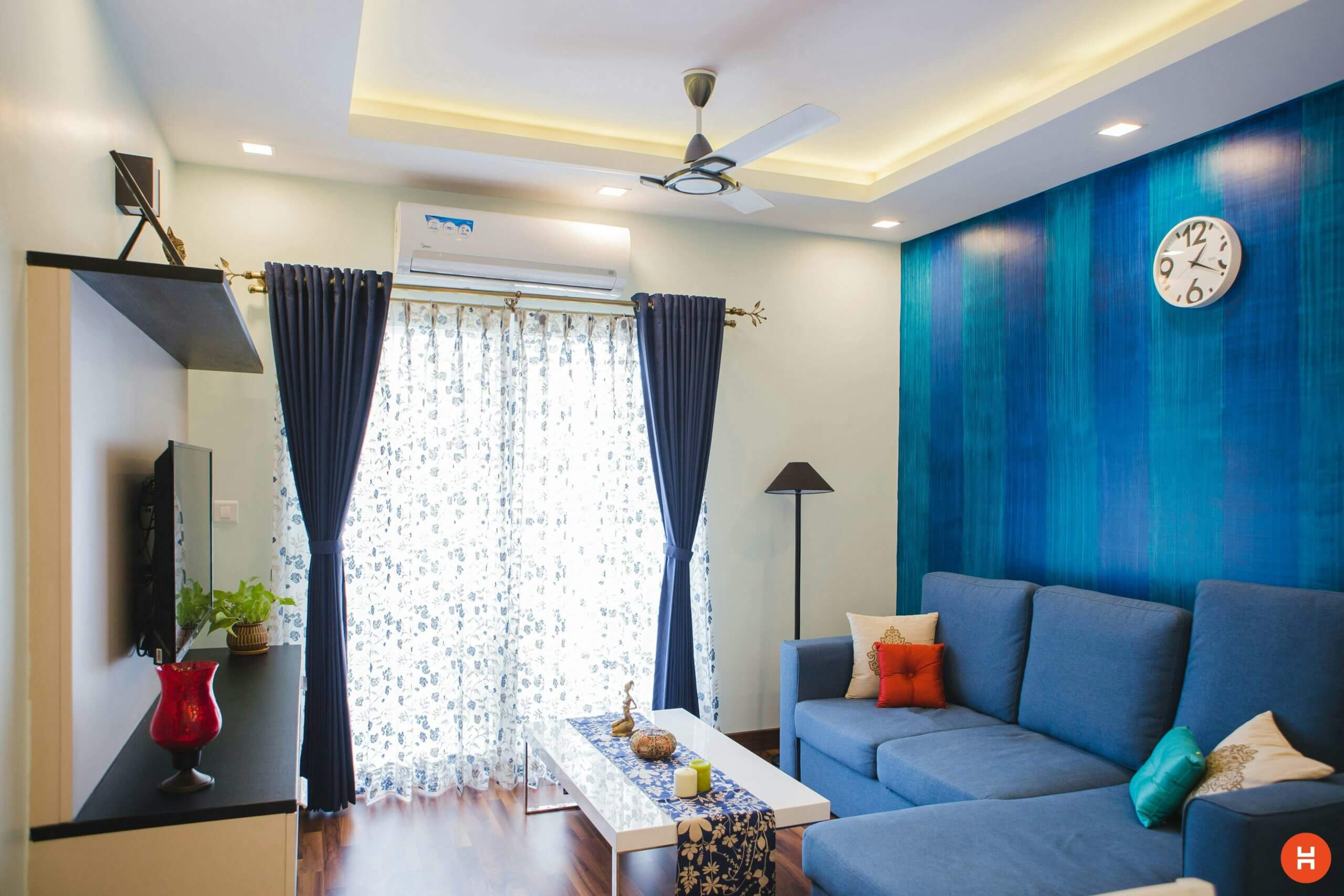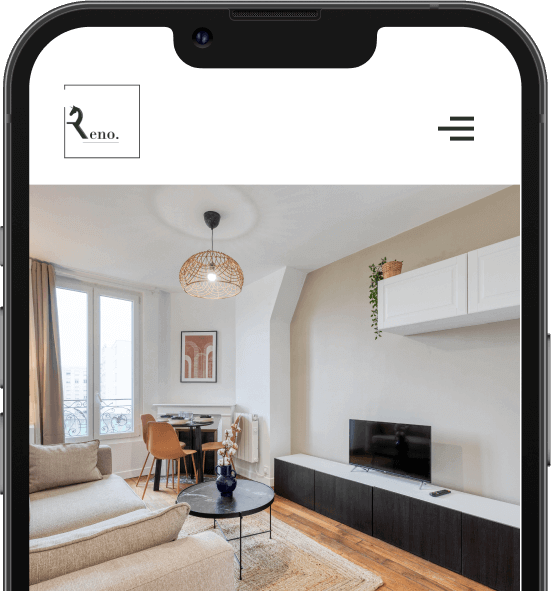Renovation work VAT varies depending on the nature of the work carried out. Three VAT rates apply to different types of renovation work.
The reduced rate of 5.5% applies only to energy renovation work . This preferential rate encourages improvements in energy performance. Eligible work includes thermal insulation and efficient heating systems.
VAT at 10% applies to improvement and conversion work. This intermediate VAT rate applies in particular to apartment renovations and interior fittings. Homeowners benefit from this rate to modernize their homes.
The standard rate of 20% remains applicable to new construction work. This standard VAT rate also applies to certain equipment not eligible for reduced rates.
Understanding the eligibility requirements helps you optimize your renovation budget. Each project requires a thorough analysis to benefit from advantageous rates. The age of the property is a determining factor in the application of reduced rates.
Financial aid can be combined with tax benefits. This combination significantly reduces the cost of the work carried out. Professional support ensures compliance with current regulations.
Reno, a renovation company, has a thorough understanding of these tax aspects. Our expertise in Paris apartment renovations allows us to optimize each project. We guide our clients toward the most financially advantageous solutions.
VAT rates applicable to renovation work
French regulations provide for three different VAT rates depending on the work carried out. Each rate corresponds to specific eligibility criteria.
VAT reduced to 5.5%: energy improvement work
The most advantageous VAT rate applies exclusively to energy renovation work. This preferential rate encourages improvements to the energy performance of homes. Homeowners can thus benefit from reduced VAT for their energy-saving projects.
Thermal insulation is the main area of work eligible for the reduced rate. This intervention significantly improves the performance of the home. Furthermore, the installation of efficient heating systems also benefits from this preferential rate.
Intermediate VAT at 10%: improvement and transformation works
Intermediate VAT applies to home improvement, conversion, and development work. This rate applies in particular to finishing work in older homes. Homeowners benefit from this rate to modernize their primary or secondary residence.
Kitchen renovations fall under this VAT category for completed work. Bathroom renovations also benefit from this preferential rate. Our Paris renovation company has a thorough understanding of these tax aspects.
Standard VAT at 20%: construction work and equipment
The standard VAT rate applies to new construction work. This VAT also applies to equipment not eligible for reduced VAT rates. Owners must provide this rate for certain specific interventions.
Extension work is subject to this standard rate. Indeed, these interventions create new living space. Likewise, elevations are subject to VAT at the standard rate.
Some amenities don’t qualify for preferential rates. For example, installing a swimming pool remains subject to the 20% tax rate. However, our expertise allows us to optimize apartment renovation projects in Paris’s 15th arrondissement in accordance with regulations.
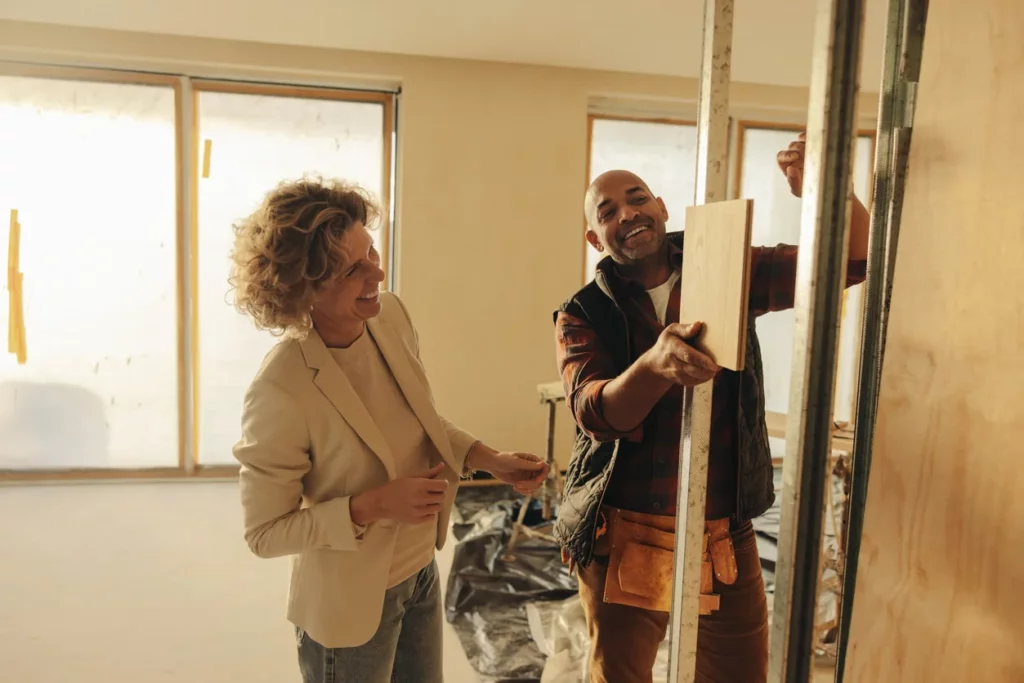
Eligibility conditions for benefiting from reduced rates for renovation work VAT
Obtaining favorable rates depends on specific criteria defined by the tax authorities. These conditions determine the application of reduced VAT rates to your work.
Housing criteria
The age of the property is the primary criterion for eligibility for preferential rates. The building must have been completed for more than two years at the start of work. This rule applies uniformly to all work eligible for the reduced VAT rate.
Criteria related to renovation work
The nature of the work determines the application of different VAT rates for construction work. Improvement and conversion work generally benefits from reduced rates. Conversely, new construction remains subject to the standard rate.
Maintenance and repair work benefits from the intermediate rate of 10%. These interventions preserve the condition of the property without creating new space. Therefore, they fall under the category of work with a reduced VAT rate.
Disabled access benefits from a 5.5% tax rate. This measure encourages accessibility in existing housing. Our expertise in apartment renovations in Paris’s 18th arrondissement incorporates these regulatory requirements.
Reporting obligations
A sworn statement remains mandatory to benefit from the reduced rate. This document certifies compliance with the eligibility conditions for the preferential rates. The owner must provide it to the contractor before work begins.
Proof of the age of the property complements this administrative certificate. These documents prove that the building was built within the last two years. They also constitute essential documents during a tax audit.
The administration can verify the correct application of reduced VAT rates. These checks focus on whether the work complies with the eligibility conditions. In addition, they ensure the veracity of the certificates provided.
Energy renovation work: focus on 5.5% VAT
Energy efficiency improvement work benefits from the most advantageous VAT rate. This tax policy encourages owners to modernize their older homes.
Exhaustive list of eligible works
Exterior and interior wall insulation falls into this preferred category. These interventions significantly improve the energy performance of the home. In addition, attic and roof insulation also benefits from this preferential rate.
Installing heat pumps allows you to benefit from reduced VAT. These modern devices are a great replacement for older heating systems. Condensing boilers also fall into this category of energy improvements.
Lower floor insulation work benefits from this advantageous tax regime. This intervention limits heat loss through the ground. Consequently, it contributes significantly to improving energy quality.
Equipment and materials concerned
Equipment must meet specific technical criteria to be eligible. These standards guarantee the energy efficiency of the installations installed. Therefore, only certified materials can benefit from the reduced VAT rate.
The installer’s RGE certification is a condition for applying the preferential rate. This qualification attests to the professional’s technical expertise. Our renovation specialist company scrupulously adheres to these regulatory requirements.
Energy performance thresholds set the eligibility criteria for equipment. These minimum values ensure the efficiency of subsidized installations. Similarly, CE and NF labels certify the compliance of the materials used.
Accumulation with public aid
The energy transition tax credit is combined with the reduced VAT. This combination maximizes the tax benefits of energy improvement work. Furthermore, the energy bonus complements these incentives.
The zero-interest eco-loan finances eligible work interest-free. This scheme makes energy renovation work easier for everyone. It also combines perfectly with reduced VAT rates.
ANAH grants support low-income homeowners. These subsidies significantly reduce the remaining cost of renovations. However, they impose specific resource conditions on beneficiaries.

10% Renovation work VAT : improvement and interior design work
Intermediate VAT applies to improvement, transformation, and development work on existing homes. These interventions modernize comfort without creating new living space.
Kitchen and bathroom renovation
Kitchen renovations automatically benefit from the intermediate VAT rate. These improvements transform the occupants’ daily living space.
Replacing faucets falls under this category of advantageous VAT rates. These interventions improve the comfort and functionality of bathrooms. In addition, the installation of tiles and earthenware also benefits from this reduced rate.
Custom-made renovations allow you to optimize the available space in older homes. These personalized creations meet the specific needs of each family. Therefore, they fall under the category of work eligible for the preferential rate.
Layout of living spaces
Installing non-load-bearing partitions allows you to benefit from reduced VAT rates. This work modifies the interior layout without affecting the building’s structure. Similarly, installing false ceilings benefits from this advantageous tax regime.
Floor and wall coverings fall under this VAT category for completed work. These finishes transform the aesthetic appearance of living spaces. Our expertise in carrying out renovation work guarantees the tax optimization of your projects.
Interior staircases benefit from the 10% tax rate during renovations. This intervention improves vertical circulation in the home. In addition, it contributes to the heritage value of the existing home.
Plumbing and electrical work
Upgrading electrical systems is a major issue for home safety. These improvements benefit from the intermediate VAT rate for older homes. They also allow for the installation to be adapted to meet contemporary needs.
Water system repairs fall into this category of low-cost work. These preventative interventions prevent costly water damage. They also improve the quality of the water supplied to the home.
Installing new lighting fixtures modernizes the lighting in living spaces. These improvements create a warm and functional atmosphere. Our expertise in tax exemption for renovations optimizes these real estate investments.
Special cases and exceptions to be aware of
Some complex situations require a thorough analysis of the applicable VAT rates. These specific cases require specialized technical and tax expertise.
Practical advice for optimizing VAT on your work
Tax optimization for renovation work requires careful planning ahead of the project. This strategy maximizes the benefits of available reduced VAT rates.
Planning and phasing of work
The optimal sequencing of interventions directly influences the applicable VAT rates. This organization allows you to benefit from the most advantageous VAT rate. Indeed, the order of the work determines its final tax classification.
Managing different rates simultaneously across different trades requires expert coordination. Our expertise in renovations optimizes these technical aspects.
Coordination with government aid deadlines influences overall planning. This synchronization maximizes the financial benefits of energy improvement work. Furthermore, it secures access to the various incentive schemes available.
Choice of service providers and quotes
When comparing services, VAT must always be factored into the calculations. This comprehensive approach avoids unpleasant budget surprises during construction. It also helps identify truly advantageous offers on the market.
Negotiating commercial terms can influence the tax optimization of projects. This discussion focuses in particular on the billing terms for various services. Our support for renovation advance loans facilitates these complex negotiations.

Additional information on VAT and works
French tax regulations regarding renovation work evolve regularly in line with government guidelines. Homeowners should remain vigilant regarding legislative changes that may impact their home improvement projects. These changes directly influence the estimated budget for planned work.
The tax administration periodically publishes circulars clarifying the interpretation of regulatory texts. These technical documents inform professionals about the practical application of different VAT percentages. Careful reading of these publications helps avoid costly misinterpretations.
Tax audits generally focus on the consistency between declared work and its actual completion. Inspectors verify, in particular, that invoices submitted match the work observed on site. This administrative vigilance protects the integrity of the French tax system.
Continuing education for artisans on tax issues is a major challenge for the sector. These professionals must master regulatory intricacies to effectively advise their clients. The constant evolution of legislation requires constant legal monitoring.
Invoicing software is gradually integrating the specifics of VAT on construction work. These technological tools simplify the administrative management of construction companies. They reduce the risk of errors in the application of various tax percentages.
Professional unions regularly organize information sessions on new tax developments. These meetings allow businesses to stay informed of the latest regulatory developments. They also encourage the exchange of experiences between various stakeholders in the sector.
The gradual dematerialization of administrative procedures is changing professional habits. Online declarations are becoming the norm for most tax procedures. This digital transformation is speeding up the processing of files by the administration.
Chartered accountants specializing in construction develop advanced skills in these areas. Their support secures the tax management of renovation companies. This professional expertise represents a profitable investment for large organizations.
Chambers of trades also offer training specific to new regulations. These consular organizations play a vital role in disseminating technical information. Their educational programs are tailored to the specific needs of local artisans. Geographic proximity makes this practical training easier for small businesses in the sector.



